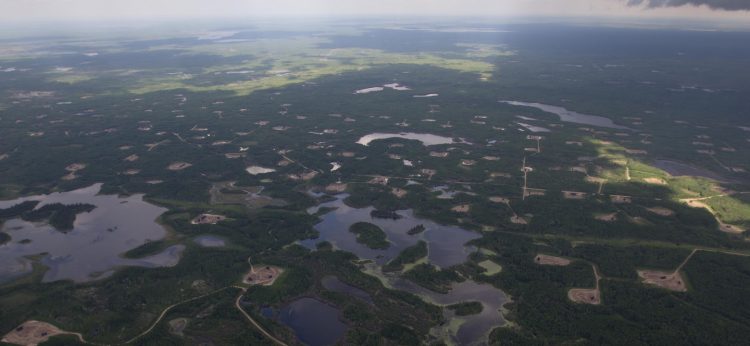
Climate Politics in the Patch
by Emily Eaton | October 10, 2017
Engaging Saskatchewan’s Oil-Producing Communities on Climate Change Issues Download the study The future of oil extraction and transportation is one of the most contentious issues in Canadian politics. Plans for the construction of new pipelines to both the East and West coasts has entrenched old divisions between Eastern and Western Canada and opened up new …
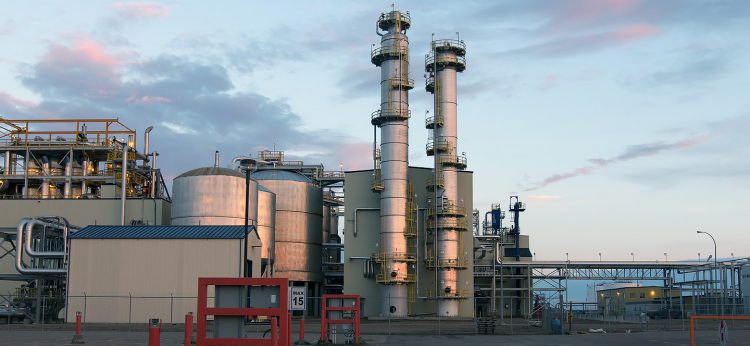
The Price of Oil: Industry and regulators in Saskatchewan hid information on toxic gas
by Emily Eaton | October 2, 2017
The following article, originally published by National Observer, is part of a series called The Price of Oil, which reveals the impacts of the oil and gas industry on rural and underprivileged communities in Saskatchewan. This year-long investigation was undertaken through a massive and unprecedented national collaboration between three major news outlets (National Observer, The Toronto Star, Global …
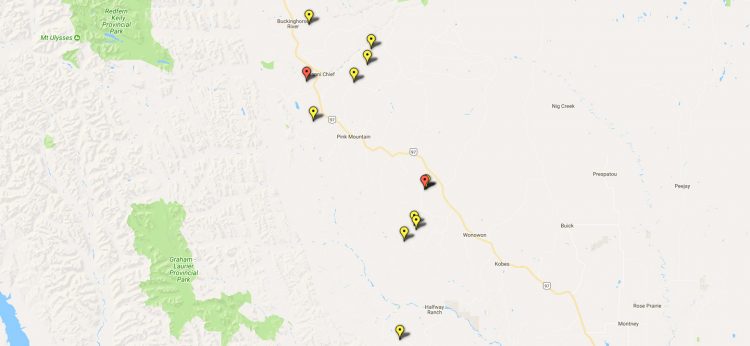
A Dam Troublesome Exception: Progress Energy’s dams should not be exempted from environmental review
by Ben Parfitt | October 1, 2017
I sent the following letter to BC’s Environmental Assessment Office (EAO) in response to Progress Energy’s extraordinary request to retroactively exempt the Lily and Town dams from environmental reviews. Such reviews should have been conducted before the dams were built. Not only did those reviews not happen, but the company also failed to obtain other …
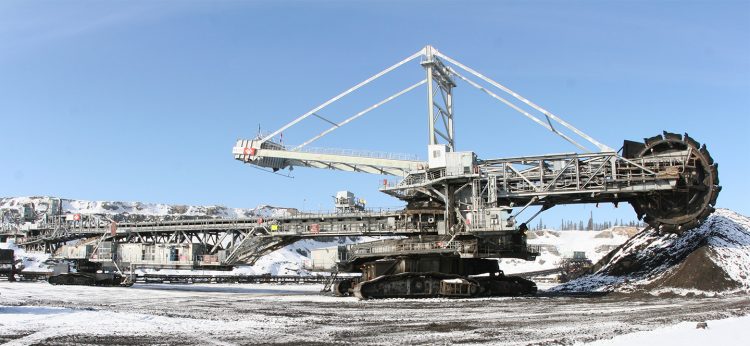
Fifty years of Alberta’s oil sands
by Ian Hussey | September 27, 2017
September 30, 2017 marks the 50th anniversary of the opening of the first large oil sands mine and processing plant in Fort McMurray. The facility was developed by Great Canadian Oil Sands, the precursor to Suncor Energy, which is one of Canada’s largest producers of fossil fuels. Over the past five decades, the northern Alberta …

BC’s last Climate “Leadership” Plan was written in big oil’s boardroom (literally)
by Shannon Daub & Zoë Yunker | September 18, 2017
Newly uncovered documents obtained through Freedom of Information requests reveal the cozy relationship between the fossil fuel industry and the last BC government went even further than suspected — all the way to inviting industry to directly craft the province’s climate “leadership” plan. Let’s rewind for a second: back in the spring of 2015, then-premier …

Australia’s LNG catastrophe: Why Petronas’ LNG cancellation is a blessing for BC
by Marc Lee | August 1, 2017
British Columbians should not be lamenting Petronas’ decision to pull its Pacific Northwest Liquified Natural Gas (LNG) proposal. Instead, they should be celebrating the demise of a project built on bad economics, climate change denial and wishful thinking. A few pundits have told the Petronas story as a tragedy. Some are blaming the brand new …
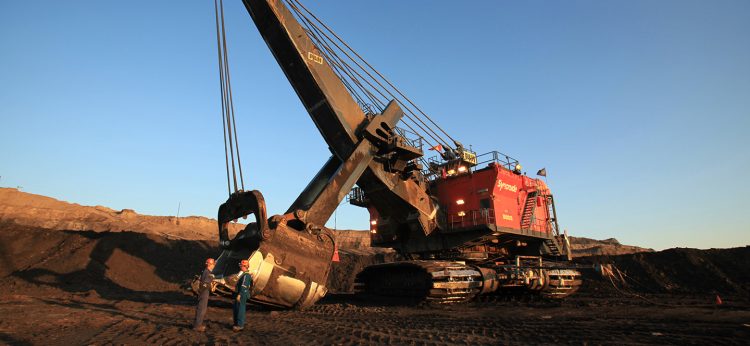
How gender and race shape experiences of work in Alberta’s oil industry
by Angele Alook, Nicole Hill & Ian Hussey | June 27, 2017
The province of Alberta, specifically its northern oil sands region, is often described as a frontier—a harsh landscape, rich with potential for those “tough” enough, “strong”enough, and “man” enough to make it. Unfortunately, like the frontiers of old, the mythologized frontier of present-day Alberta is rife with inequality, marginalization, and oppression for those who do …

Ten things to know about Indigenous people and resource extraction in Alberta
by Angele Alook, Nicole Hill & Ian Hussey | June 21, 2017
In February, the government of Alberta signed a ten-year framework agreement with the Métis Nation of Alberta, emphasizing a relationship based on recognition, respect, and cooperation. In March, Alberta and the Blackfoot Confederacy signed a protocol agreement on how they will work together on economic development and other areas of concern to both parties. These …

Betting on Bitumen: Alberta’s Energy Policies from Lougheed to Klein
by Gillian Steward | June 7, 2017
This report examines the history of Alberta energy policies as they apply to development of the oil sands, focusing on the contrasting oil sands policies of premiers Lougheed and Klein, two of Alberta’s most popular premiers and key to oil sands development in the province. The petroleum industry has long had a strong influence on …
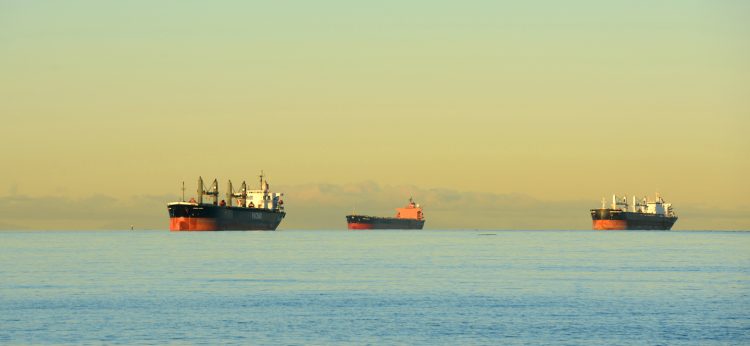
Will the Trans Mountain Pipeline and Tidewater Access Boost Prices and Save Canada’s Oil Industry?
by David Hughes | May 31, 2017
This report examines the argument that building pipelines to ‘tidewater’ will unlock new markets where Canadian oil can command a better price than in the US, where the majority of Canadian oil is currently exported, using Kinder Morgans Trans Mountain Extension Project as an example. The research found that problematic assumptions led to the pipeline’s approval by the …
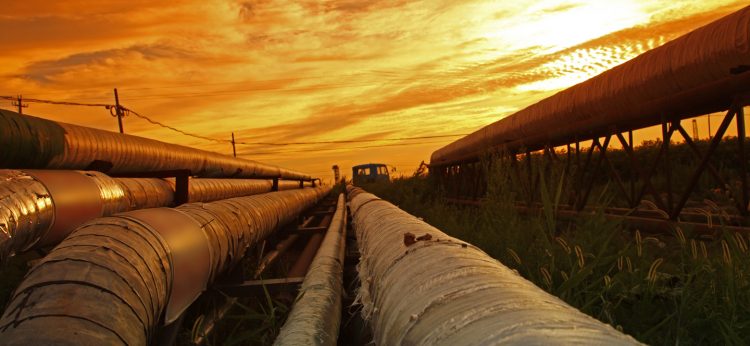
Greenhouse gas emissions and the Energy East Pipeline
by Marc Lee | May 24, 2017
I submitted the following to the National Energy Board, which is seeking comments on what should be included as part of the upcoming hearings on the proposed Energy East Pipeline. In particular, they are interested in arguments about the inclusion of greenhouse gas emissions. The deadline for submissions is May 31 if you are inclined …

Getting big money out of BC politics: 5 ways to do this right
by Shannon Daub and Alex Hemingway | May 23, 2017
With the provincial election behind us, there’s at least one thing that the overwhelming majority of British Columbians seem to clearly agree on: we need big money out of our politics. The corrupting influence of vast sums of cash from (primarily) corporations and the wealthy in BC’s political system has received a great deal of …











